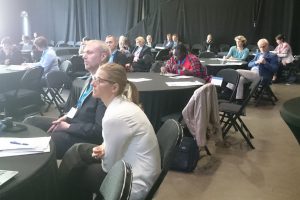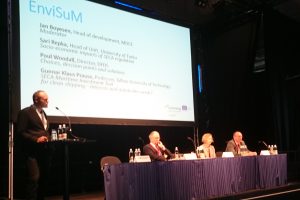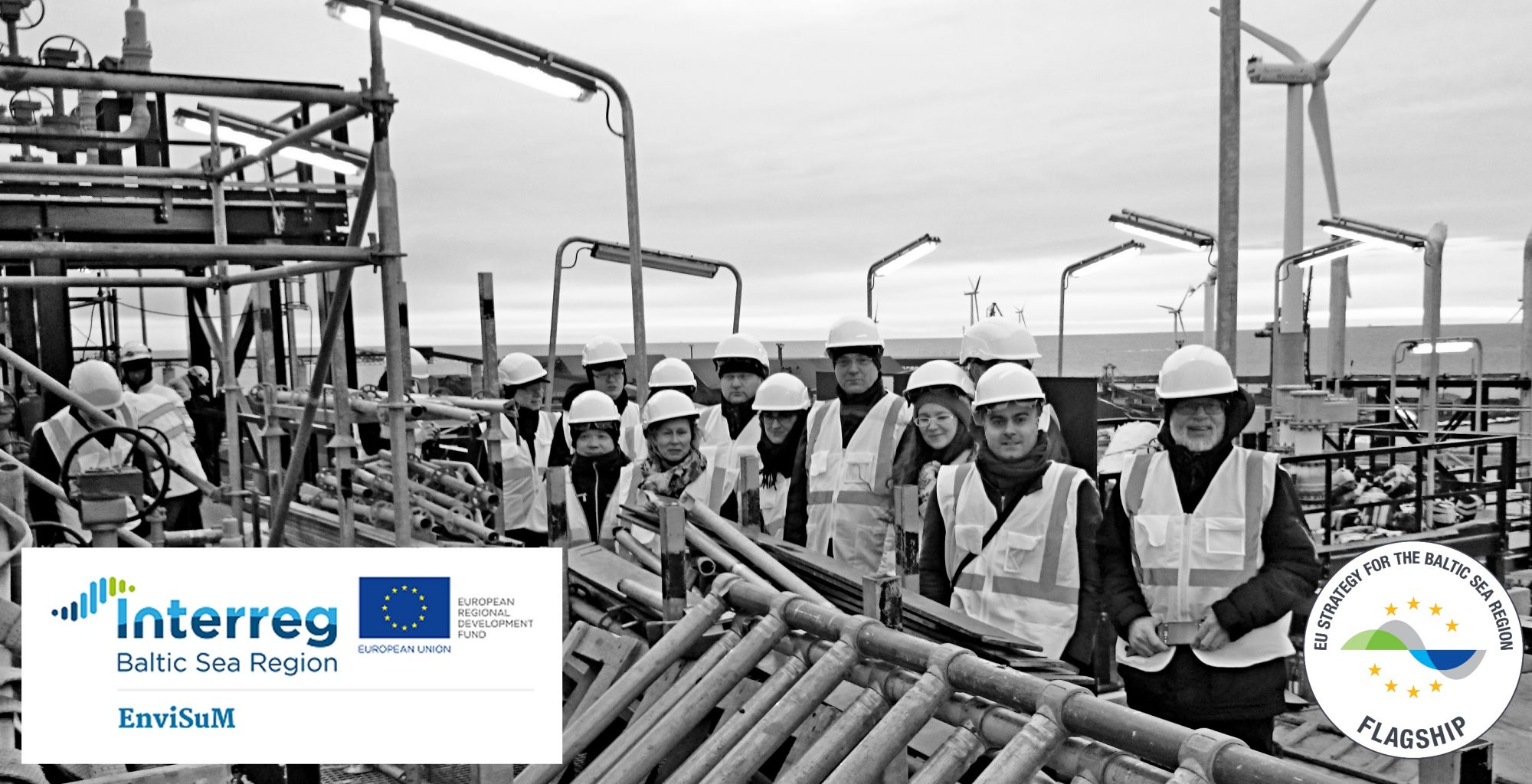Health, economic and environmental effects of the SECA regulation and the needs of the maritime industry when making clean shipping investments


Main conclusions from the workshop:
• It is expected that the real life air emissions measurements from the EnviSuM project will show differences compared the laboratory tests, especially during conditions such as start-up of the engine.
• The SECA regulation has generated positive impacts. However, the use of open loop scrubbers which use water to clean the exhaust gases leads to potential increased water pollution. This especially creates problems at ports. More knowledge on the impacts of scrubber discharges to the sea is needed.
• Water and atmospheric emissions are regulated by different frameworks which can lead to sub optimisations and lower overall environmental performance from shipping.
• Close loop and hybrid scrubbers exist which have no discharges to the sea. The EnviSuM project will study emissions from dry scrubbers.
• DFDS considered several options prior to the implementation of SECA such as marine gasoil, LNG, heavy fuel oil with scrubbers and network changes. However, during 2013-2014 there was huge uncertainty regarding technologies, performance and costs. This made decisions difficult.
• Regulation should be holistic and long term. Apart from SOx and NOx emissions it is important to focus on Green House Gas emissions as well as impacts on human health from particles.
• Particles are hard to measure reliably which makes the analysis difficult and expensive. This problem will be tackled in the EnviSuM project.
• The EnviSuM project will develop an investment tool for clean shipping in order to help shipping companies’ with their investment decisions. This will also help disseminate the project results to decision makers and authorities.
• An emission measurement network for different contaminants around the Baltic Sea was also an important issue for the debate. There exist land measuring points. During the EnviSuM project three city/port areas (Saint Petersburg, Gothenburg and Gdansk-Gdynia) will be target areas for close examination.
• Due to the global status of the shipping industry the rules and solutions should be global and not regional for e.g. the EU.
• The common opinion at the workshop was that regulation should be better planned.
• It is important to support research, development and innovations in order to find novel solutions.
